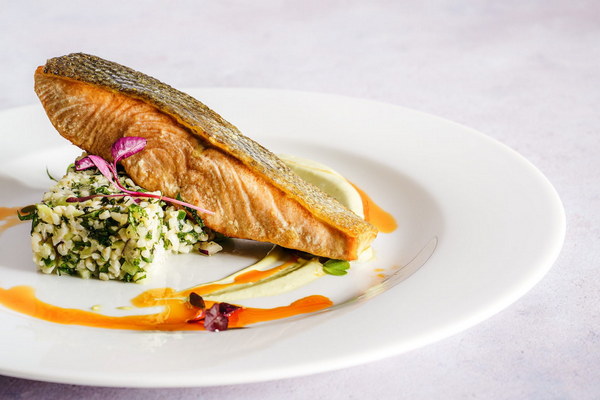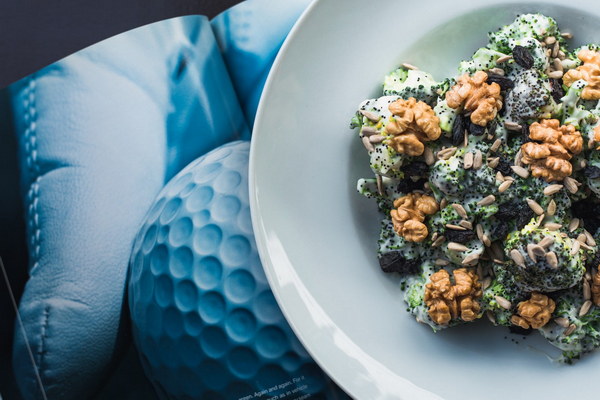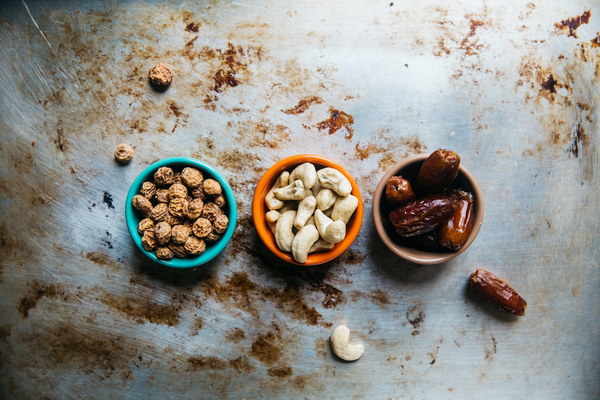Natural Remedies for Feeding Moms Nutritional Strategies to Combat Febrile Infections During Lactation
Natural Remedies for Feeding Moms: Nutritional Strategies to Combat Febrile Infections During Lactation
Breastfeeding is a critical period for both mother and baby, and when a mother falls ill, it can be a concern for both. Febrile infections, characterized by fever, are particularly challenging during lactation as they can affect the baby through breast milk. However, there are natural and nutritional strategies that can help manage fevers and inflammation while supporting the health of the breastfeeding mother. Here’s a guide to some of the best nutritional approaches to combat febrile infections during lactation.

Understanding Febrile Infections in Breastfeeding Mothers
Febrile infections can be caused by a variety of pathogens, including bacteria, viruses, and fungi. These infections can lead to symptoms like fever, chills, sore throat, and fatigue. While it’s important to seek medical attention for any feverish illness, especially during pregnancy and lactation, there are also natural ways to support the body's healing process.
Nutritional Strategies for Febrile Infections
1. Hydration: Staying well-hydrated is crucial during any infection. Water, herbal teas, and broths can help maintain fluid balance and support the immune system. Green tea, in particular, is rich in antioxidants and may have anti-inflammatory properties.
2. Vitamin C: This vitamin is known for its immune-boosting effects. Citrus fruits, strawberries, kiwi, bell peppers, and guava are all excellent sources of vitamin C. Consuming these fruits can help support the immune system and reduce inflammation.
3. Zinc: Zinc is another essential nutrient that plays a key role in immune function. Nuts, seeds, legumes, and whole grains are all good sources of zinc. Adding these to your diet can help the body fight off infections.
4. Garlic: Garlic has been used for centuries as a natural antibiotic. It contains allicin, a compound that has antiviral, antibacterial, and antifungal properties. Adding garlic to your meals can be a simple and effective way to support your immune system.
5. Turmeric: This spice, which contains the active compound curcumin, has strong anti-inflammatory properties. Turmeric can be added to dishes like curries, soups, and smoothies to help reduce inflammation associated with febrile infections.
6. Ginger: Ginger is well-known for its ability to reduce inflammation and nausea. It can be consumed as a tea, added to meals, or taken in supplement form (always consult with a healthcare provider before taking supplements).
7. Probiotics: Probiotics, found in yogurt, kefir, and fermented foods, can help maintain a healthy gut microbiome, which is essential for a strong immune system. Probiotics can also support digestion and may help alleviate some symptoms of infection.
Meal Plans for Febrile Infections
During an infection, it’s important to eat a balanced diet that is rich in nutrients. Here are some meal ideas that can support recovery:
- Breakfast: A smoothie made with orange juice, kiwi, strawberries, and a sprinkle of turmeric and ginger.
- Lunch: Quinoa salad with black beans, bell peppers, and a vinaigrette made with garlic and lemon juice.
- Dinner: Stuffed bell peppers filled with ground turkey, garlic, and turmeric, served with a side of brown rice and a ginger-infused tea.
- Snacks: Almonds, yogurt with honey, and fruit kebabs.
Conclusion
Febrile infections during lactation can be challenging, but with the right nutritional strategies, mothers can support their immune system and promote recovery. By incorporating a variety of nutrient-rich foods and staying hydrated, breastfeeding mothers can help manage fevers and inflammation while continuing to provide essential nutrients to their babies. Always consult with a healthcare provider for personalized advice, especially when dealing with illness during pregnancy or lactation.









